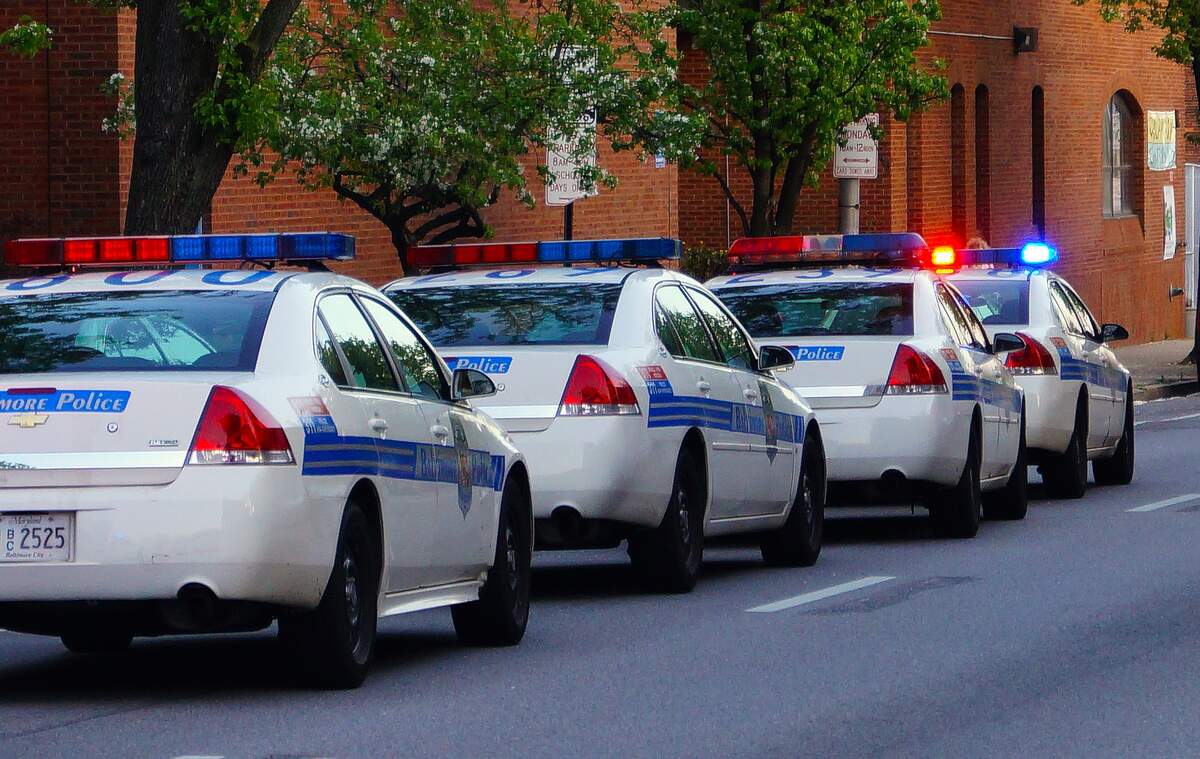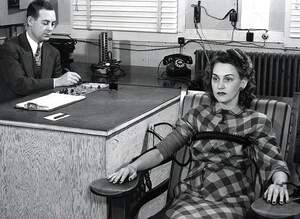

Thank a Police Officer Day
Also known as
National Tell a Police Officer "Thank You" Day
Observed
the third Saturday in September (since 2012)
Dates
September 16th, 2023
September 21st, 2024
September 20th, 2025
September 19th, 2026
September 18th, 2027
Founded by
Tags
Love & Affection
Military & Patriotic
Hashtags
Sources
http://tcweeklynews.com/national-thank-a-police-officer-day-slated-for-september-p2884-127.htm
http://time.com/4779112/police-history-origins/
https://scttx.com/articles/national-tell-police-officer-thank-you-day-weekend
https://www.policeone.com/police-heroes/articles/5980708-National-Thank-You-day-for-police-officers/
https://www.prweb.com/releases/2013/8/prweb11034855.htm
Thank a Police Officer Day—also known as National Tell a Police Officer "Thank You" Day—celebrates police officers, with citizens letting them know how much they appreciate the work they do. Citizens may wish them a simple "thank you," or may perform small acts of gratitude on their behalf, such as buying them a coffee. Businesses are encouraged to donate something to them or to offer them discounts. For example, a restaurant may donate breakfast to a police department.
Police officers spend their days coming into harm's way, often risking their own lives while protecting others. According to the creator of the day, they are often also criticized and underappreciated—there may be some bad apples, but the vast majority are hard-working and professional public servants. Thank a Police Officer Day was started by the Whole Truth Project, a pro-police organization "set up to protect and serve those who protect and serve our communities." The Whole Truth Project was founded by Andrew Hale, a Chicago-based attorney who had often represented police officers, and who wanted to show appreciation for them.
Having a police force is a relatively new concept in the scope of history. During colonial times, forces were part-time and privately funded. Volunteer night watches were also common. Boston started one in 1636, followed by New York City in 1658 and Philadelphia in 1700. These were not very efficient, and those who were put on duty were often put there for punishment.
When cities grew larger, night watches were even more ineffective. The first full-time, publicly funded police force in the country was formed in Boston in 1838. Boston was a large shipping area and the need for policing grew out of the need to protect shipping. Merchants had long hired officers to watch over their goods, and then found a way to pass off the costs to the public by convincing them it was for the common good.
In the south, slavery was the original driving force behind the creation of police forces. Beginning in the early eighteenth century, officers chased down runaway slaves and prevented slave revolts. Following Reconstruction, many local sheriffs did similar work to that of the earlier patrols, by enforcing segregation and the disenfranchisement of freed slaves.
By the late 1880s, all major cities had police forces. Officers were there to protect public order, which meant different things to different people. Businessmen with connections to politicians did not want disruptions to their workforce from labor-union organizers and immigrants. Political machines were also rampant at the time, and heads of police were picked by political bosses. It was not until well into the twentieth century that there was a move towards the professionalization of police officers that we are familiar with today, and that we celebrate on Thank a Police Officer Day.
How to Observe Thank a Police Officer Day
Celebrate the day by saying "thank you" to any police officers you come into contact with. You could also do a small act of gratitude for them, such as buying them a cup of coffee. If you are a business, donate something to your local police department or offer discounts to police officers today. The following are a few other ways you could celebrate the day:
- Share a positive story about law enforcement, either in-person or on social media.
- Wear blue clothing in support of police officers.
- Turn on a blue light outside of your home or apartment.
- Organize an event in your community to support police officers.
- Read a book about law enforcement or the police, such as The Police in America: An Introduction.
- Watch a film about police, such as Serpico, The French Connection, Dirty Harry, or In the Heat of the Night.
- Watch a television show about police officers.





















